Breast augmentation surgery, commonly known as breast implants or augmentation mammoplasty, is a life-changing procedure that many women undergo to improve their self-esteem and appearance.
While the decision to get breast augmentation is a personal one, the recovery period is an important part of the procedure. A successful recovery can make a significant difference in how quickly you get back to your normal routine and enjoy your newly enhanced breasts.
1. Follow your surgeon’s post-op instructions
During the healing period, your plastic surgeon is your best source of advice. They will provide you with a set of post-operative instructions that are specific to your procedure and body. They provide important information about medications, physical activity, food, and wound care.
It is critical to follow these recommendations strictly. Ignoring your surgeon’s recommendations may result in complications or a longer recovery period. So, if you have questions or concerns, always contact your doctor.
2. Stay hydrated and eat a nutrient-rich diet
Nutrition is important in the healing process after breast augmentation. Eating a well-balanced, nutrient-dense diet will help you recover faster. Drink plenty of water to stay hydrated, which can aid in the removal of toxins and support your body in the healing process. Choose foods that are rich in vitamins, minerals, and protein in your diet since these nutrients are necessary for tissue regeneration and your general wellness.
A diet packed with lean proteins, fruits, vegetables, and whole grains may help in the reduction of inflammation and the promotion of tissue repair. Foods high in antioxidants and omega-3 fatty acids, such as salmon, avocados, and blueberries, can help decrease inflammation and improve your immune system.
3. Use compression garments
Compression garments, such as surgical bras and post-operative support garments, aim to provide support, minimize swelling, and help maintain your freshly enhanced breasts’ form. During your recovery, your surgeon may advise you to wear certain compression garments or bras. These garments can also help alleviate discomfort by minimizing movement and friction on your surgical wounds. Wearing them can help you recover more quickly and smoothly.
4. Take pain medication as prescribed
Pain and discomfort are common side effects of breast augmentation surgery. To help control these symptoms, your surgeon will prescribe pain medication. It is critical that you take your pain medications according to instructions in order to be as comfortable as possible during your recovery.
Pain management can also let you move more comfortably, which can help you avoid issues like blood clots and pneumonia that can result from inactivity. It’s critical to follow the recommended dosage instructions and to contact your surgeon if you have any side effects from the medications.
5. Engage in gentle movement and stretching
Even though rest is essential throughout your recovery, it is also critical to participate in gentle movement and stretching activities to avoid stiffness and lower your risk of complications. Following your surgeon’s recommendations, you can reduce the chance of problems after surgery and maintain your range of motion by performing easy arm and shoulder exercises. These exercises should be started gradually, and you should avoid pushing yourself too hard too soon. Slow, moderate movements can help with recovery and prevent muscle atrophy.
6. Invest in quality sleep
A good night’s sleep is vital for a quick and complete recovery. Your body needs extra rest to recover throughout the post-operative time. To decrease swelling and strain on your breasts, sleep on your back with your upper body raised at a 45-degree angle.
Consider buying a comfortable and supportive pillow to help you maintain the proper sleeping posture. It’s recommended to avoid sleeping on your stomach or side for some time, as it may put undue pressure on your incisions.
7. Manage your emotional well-being
A breast augmentation procedure is more than simply a physical change—it also involves an emotional one. Managing your mental well-being is critical during the recovery process. Many women experience a variety of emotions, including anxiety, excitement, and impatience. Surround yourself with a supporting network of friends and family and engage in things that help you relax and unwind, such as meditation, deep breathing exercises, or hobbies.











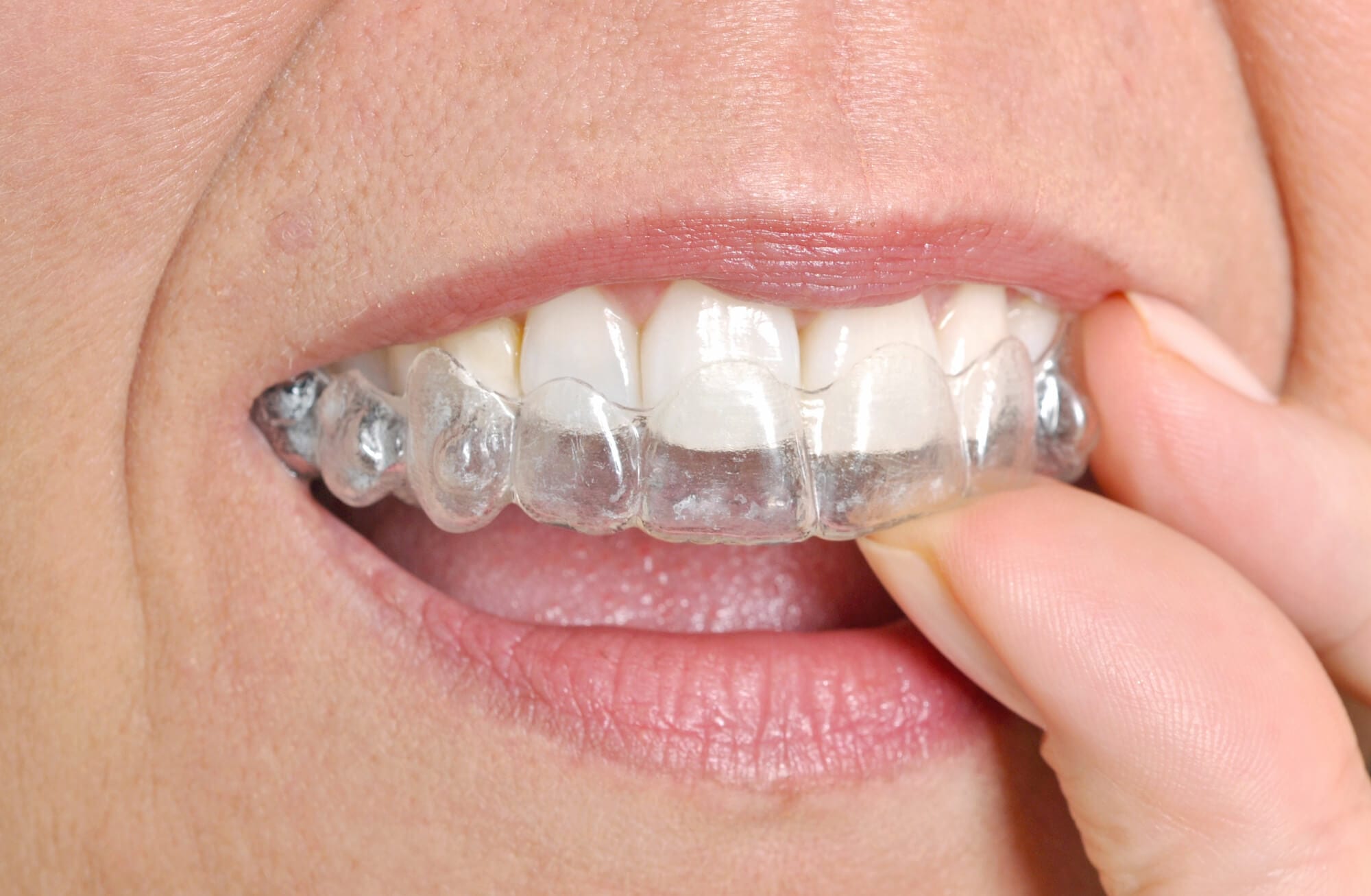









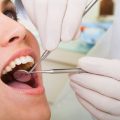




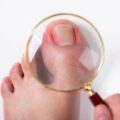
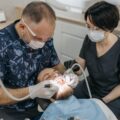


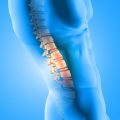







No Comments